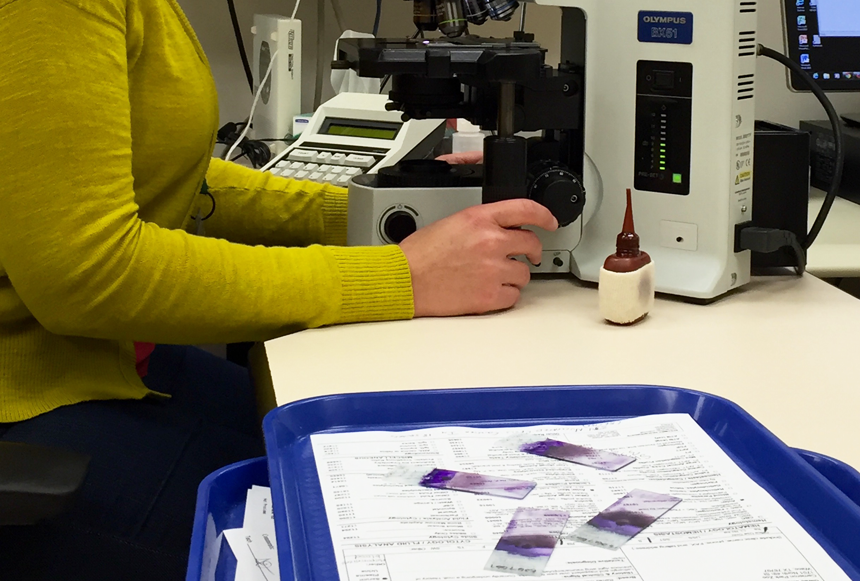Why Veterinary Diagnostics Matter for Dogs and Cats
Why Veterinary Diagnostics Matter for Dogs and Cats
Blog Article
Pets are family, and keeping them healthy requires effort. Testing facilities for pets play a crucial role in preventing diseases for domestic pets.
In this discussion, we’ll delve into the importance of veterinary labs and outline essential tests.
Understanding Pet Diagnostic Centers
Diagnostic labs for pets provide health assessments for testing biological materials. Veterinary professionals use these labs to develop effective treatments.

How tests are conducted usually includes:
- Collecting pet health data: Specimens from pets are collected at clinics.
- Laboratory analysis: State-of-the-art processes provide results.
- Analyzing findings: Labs share results with veterinarians for targeted interventions.
Key Diagnostics for Pet Health
Diagnostic exams are tailored to pet needs to address medical issues. Key lab services include:
- Biochemical screens: Identify infections.
- Urine diagnostics: Check for diabetes.
- Parasite checks: Ensure proper nutrient absorption.
- Dermatological diagnostics: Diagnose food or environmental allergies.
- Structural health assessments: Detect tumors or growths.
laboratorio de microbiologia veterinaria
The Benefits of Veterinary Testing
Consistent lab work helps catch problems early. By addressing concerns promptly, your pets can recover faster.

Additional benefits include:
- Proactive care: Pets live happier, healthier lives.
- Saving on future treatments: Ongoing health is monitored affordably.
- Trust in their well-being: You’ll know they’re thriving.
Why Testing Matters for Dogs and Cats
Animal diagnostic centers are vital for protecting the health of dogs and cats. Through proactive diagnostics, you give them the care they deserve.
Talk to your vet about testing today and support their wellness every step of the way!
Report this page